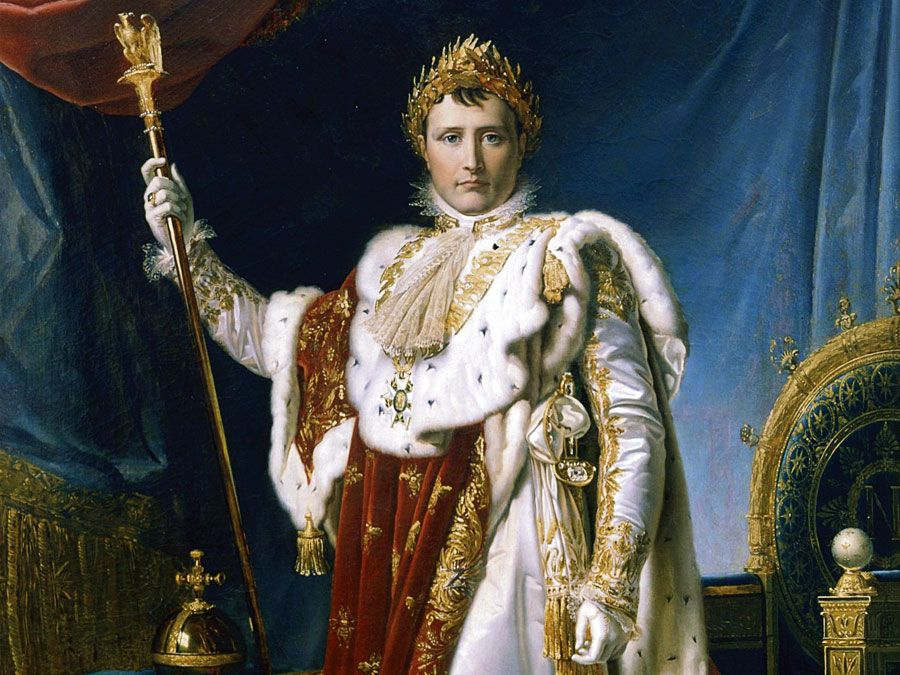Alexander II
Our editors will review what you’ve submitted and determine whether to revise the article.
- Born:
- August 24, 1198, Haddington, Lothian [now in East Lothian], Scotland
- Died:
- July 8, 1249, Kerrera Island [now in Argyll and Bute] (aged 50)
- Title / Office:
- king (1214-1249), Scotland
Alexander II (born August 24, 1198, Haddington, Lothian [now in East Lothian], Scotland—died July 8, 1249, Kerrera Island [now in Argyll and Bute]) was the king of Scotland from 1214 to 1249; he maintained peace with England and greatly strengthened the Scottish monarchy.
Alexander came to the throne on the death of his father, William I (the Lion; reigned 1165–1214). When the English barons rebelled against King John (reigned 1199–1216) in 1215, Alexander sided with the insurgents in the hope of regaining territory he claimed in northern England. After the rebellion collapsed in 1217, he did homage to King Henry III (reigned 1216–72), and in 1221 he married Henry’s sister, Joan (d. 1238). In 1237 Henry and Alexander concluded the Peace of York, an agreement by which the Scots king abandoned his claim to land in England but received in exchange several English estates. The boundary of Scotland was fixed approximately at its present location.
Meanwhile, Alexander was suppressing rebellious Scots lords and consolidating his rule over parts of Scotland that had hitherto only nominally acknowledged royal authority. In 1222 he subjugated Argyll. He died as he was preparing to conquer the Norwegian-held islands along Scotland’s west coast.















